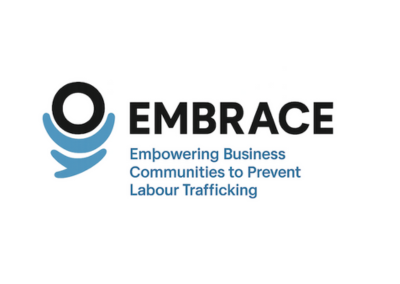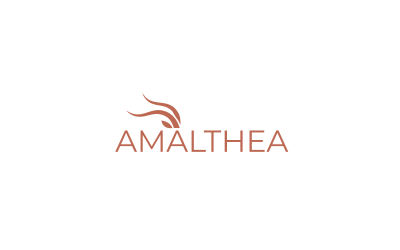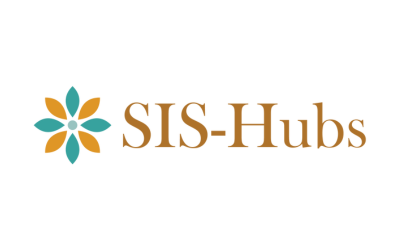Preventing labour trafficking by promoting ethical business practices and strengthening accountability through human rights-based procedures and multi-stakeholder cooperation.
Context
Trafficking in human beings for labour exploitation is a serious challenge in Europe, particularly in sectors like agriculture, construction, hospitality, garments, and transport, where migrant workers are most at risk. Fragmented legal frameworks, limited enforcement, and complex business structures make it a significant obstacle to preventing and addressing these crimes, while victims often remain silent due to fear, dependency, and lack of awareness of their rights.
EMBRACE responds by strengthening prevention and protection from a business and human rights perspective. The project operates in Bulgaria, Greece, Italy, and Poland, with expertise from Finland and the Netherlands, and brings together businesses, civil society, public authorities, and migrant groups.
At its core, EMBRACE develops and pilots Standard Operating Procedures (SOPs) to help companies detect, prevent, and respond to labour trafficking in supply chains. It also trains businesses, labour inspectors, supports civil society, and launches an online grievance platform to empower workers and consumers. Through these actions, EMBRACE promotes accountability, safeguards migrant workers’ rights, and encourages ethical practices across high-risk sectors.
Objectives
- Strengthen coordination among businesses, civil society, public authorities, frontline professionals, and migrant communities to share challenges and best practices among at least 340 individuals.
- Empower 80 businesses to adopt anti-trafficking policies, manage supply chains responsibly, and apply human rights due diligence through SOPs.
- Support 120 representatives of CSOs in informing and protecting migrants from labour trafficking recruitment.
- Train 40 labour inspectors to identify and address labour trafficking in businesses.
- Create an online grievance platform to report labour trafficking incidents in supply chains.
- Raise awareness on labour trafficking risks among at least 100,000 third-country nationals and the wider public through campaigns and communication.
Activities
- Mapping and analysing vulnerable regions, sectors, and national labour systems.
- Organising stakeholder meetings and mutual learning workshops with businesses, CSOs, authorities, and migrant representatives.
- Developing SOPs for businesses to prevent and address labour trafficking.
- Creating and delivering online training and seminars for businesses, CSOs, and labour inspectors.
- Developing and implementing an online grievance platform for reporting suspected labour trafficking.
- Raising awareness and organising events, campaigns, and info materials for migrants, policymakers, and the general public.
Resources
- SWOT Analysis identifying strengths, weaknesses, opportunities, and threats related to labour trafficking in high-risk sectors, reflecting stakeholders’ perspectives on labour market trafficking.
- Best Practices Guide documenting successful strategies and approaches implemented in different contexts to prevent and combat labour trafficking.
- Standard Operating Procedures (SOPs) providing businesses with practical guidelines to proactively prevent, identify, and address labour trafficking across their supply chains.
- Training Materials tailored modules for different stakeholder groups, translated into partner languages for accessibility:
- Businesses: implementing business and human rights policies, detecting and preventing trafficking risks in supply chains.
- CSOs: supporting migrants in avoiding labour trafficking, including online recruitment risks.
- Labour Inspectors: identifying and addressing labour exploitation within businesses.
- Training Evaluation Report assessing the effectiveness of the training activities and their impact on stakeholder capacities.
- Online Grievance Platform serving as a reporting mechanism for victims, consumers, CSOs, and other stakeholders to report labour trafficking cases and facilitate timely support and intervention.
- Awareness-Raising Campaign, including two workshops in Italy, Greece, Bulgaria, and Poland, educating local communities on recognising and preventing labour trafficking.
- Policy Recommendations to strengthen regulatory frameworks, enhance transparency and accountability in supply chains, and promote responsible and ethical business practices.
Impact
- Enhanced multi-stakeholder transnational collaboration among over 340 businesses, CSOs, public authorities, frontline professionals, and migrant representatives.
- Increased ethical business practices by enabling 80 companies in high-risk sectors to adopt anti-trafficking policies, implement human rights due diligence, and integrate Standard Operating Procedures (SOPs).
- Strengthened migrant protection by supporting 120 CSO representatives in informing and safeguarding migrants from labour trafficking recruitment, increasing awareness of rights.
- Improved detection and enforcement by training 40 labour inspectors to identify signs of labour trafficking within businesses.
- Empowered reporting and accountability by developing and implementing an innovative online grievance platform.
- Raised public and stakeholder awareness on labour trafficking risks among at least 100,000 individuals through targeted campaigns and educational materials.
Partners
- ELIAMEP – HELLENIC FOUNDATION FOR EUROPEAN AND FOREIGN POLICY – (Greece, coordinator)
- MINISTRY OF MIGRATION AND ASYLUM (Greece)
- APOSTOLI (Greece)
- GLOBAL COMPACT NETWORK GREECE (Greece)
- CESIE ETS (Italy)
- CONFESERCENTI PROVINCIALE DI PALERMO (Italy)
- BULGARIAN FOUNDATION FOR BUSINESS AND HUMAN RIGHTS (Bulgaria)
- NATIONAL COMMISSION FOR COMBATING TRAFFICKING IN HUMAN BEINGS (Bulgaria)
- PIHRB – POLISH INSTITUTE FOR HUMAN RIGHTS AND BUSINESS (Poland)
- LA STRADA FOUNDATION (Poland)
- HEUNI – THE EUROPEAN INSTITUTE FOR CRIME PREVENTION AND CONTROL (Finland)
- COMMIT GLOBAL (the Netherlands)










